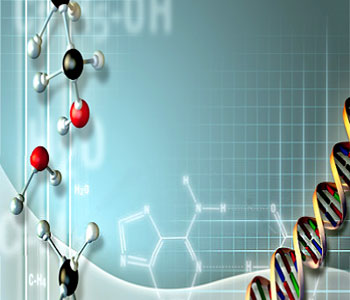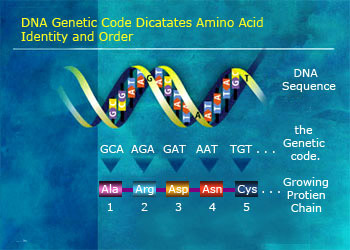 Structure And Function Of Cellular Components.
Structure And Function Of Cellular Components.
As biochemistry is the study of chemical processes in living organisms, Biochemistry governs all living organisms and living processes. By controlling information flow through biochemical signaling and the flow of chemical energy through metabolism, biochemical processes give rise to the incredible complexity of life.
Much of biochemistry deals with the structures and functions of cellular components such as proteins, carbohydrates, lipids, nucleic acids and other biomolecules although increasingly processes rather than individual molecules are the main focus. Studies concerned with the chemical processes that take place within living cells (i.e. biochemistry) began even before the nineteenth century.
Modern biochemistry developed out of and largely came to replace what (in the nineteenth and early twentieth centuries) was called physiological chemistry, which dealt more with extra cellular chemistry, such as the chemistry of digestion and of body fluids.
Over the last 40 years, biochemistry has become so successful at explaining living processes that now almost all areas of the life sciences from botany to medicine are engaged in biochemical research. Today, the main focus of pure biochemistry is in understanding how biological molecules give rise to the processes that occur within living cells which in turn relates greatly to the study and understanding of whole organisms.
